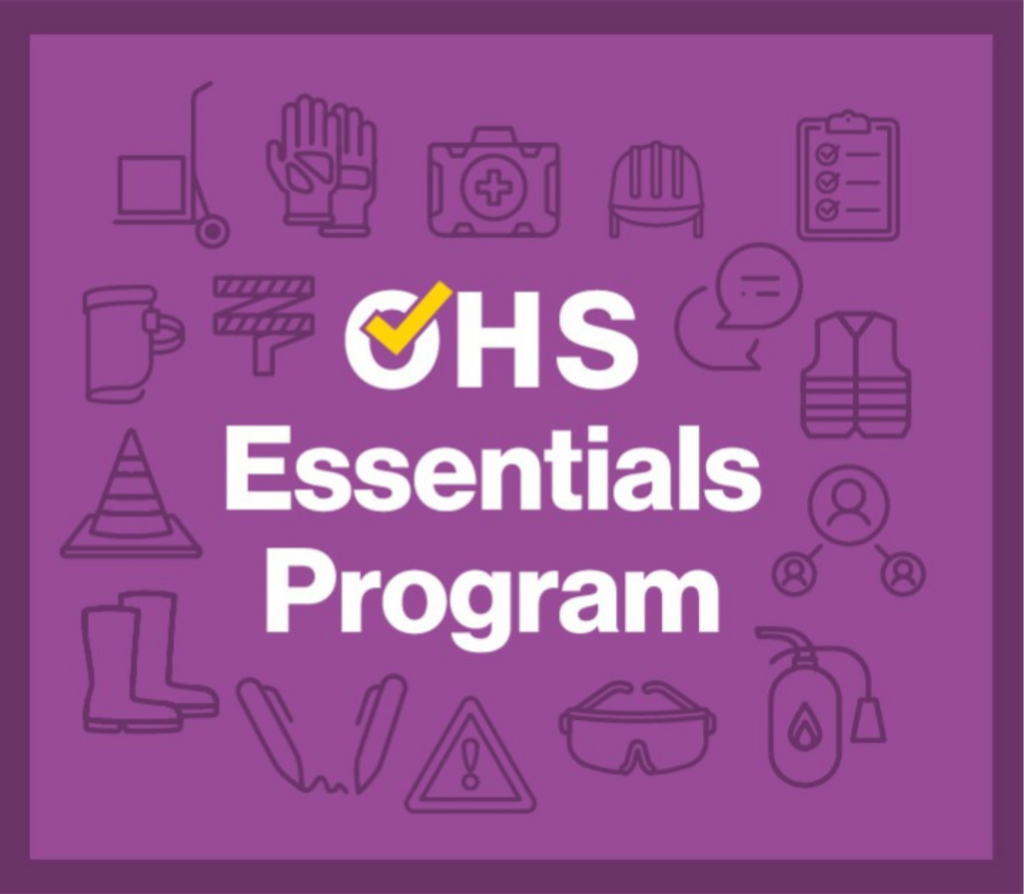This European paper argues that “supporting the career development of workers is a quadruple win – for the individual, for organisations, for the economy and for society.”
When it works well, it can “empower individuals to realise their full potential and progress vertically, horizontally, to achieve satisfaction and to find meaning in their career decisions.”
Indeed, and as the paper points out, “career guidance improves workers’ awareness of their (skills) needs, aspirations, and strengths, improves their understanding of opportunities and of the value of lifelong learning, and empowers them to take well-informed decisions.” In fact:
“Effective career guidance can benefit any worker as careers become more irregular, requiring more frequent transitions. Thus, workers find themselves in situations where they need to have a better reading of the labour market and the career guidance skills to deal with changing conditions, which can be particularly beneficial for the most vulnerable socio-demographic groups…”
The paper suggests it’s harder if one is employed in a smaller firm as their systems may not be set up to provider career guidance internally as effectively as those in larger companies with bigger or better human resource management capacity. For those in smaller firms, this can mean that such advice needs to be sought outside the organisation through public employment services and agencies, or through specific programs such as the ‘Investor in People’ initiative in the UK.
Good career guidance is also beneficial for those in the informal economy because it supports “transitions into formal activities and entrepreneurship, by helping to upgrade traditional learning programmes …, and by enabling access to certified training and to recognition of prior learning,” the paper suggests. However, it also notes that “informal workers are among the most under-served groups: they rarely receive support from their employer or seek career guidance from PES [Public Employment Services], even in countries where they are eligible irrespective of their labour market status.” Others potentially benefitting include those who are displaced and migrant workers, those in non-standard forms of employment or their later career stages.
In passing, it’s important to recognise that while this paper concentrates on those workers needing careers advice, students in school and beyond need this sort of advice as well, as do parents and other influencers that advise people on career choice.
So, what’s needed for quality career guidance?
First, there are no ‘one size fits all’ solutions, the paper suggests. It also requires “a multi-actor and lifelong learning-oriented approach … which may include public-private partnerships, partnerships and cooperation agreements between providers.” In addition, the paper points out that “appropriate financial support to access career guidance is required because private provision of career guidance services can be costly and risks excluding those who need career guidance the most.” Next, it needs to develop and make use of next-generation technology and tools for guidance, including “virtual reality, gaming, online and social media networking.
Finally, “quality labour market information systems are one key ingredient for sound career guidance as are its quality assurance (including monitoring and evaluation) … Qualification requirements for career guidance providers and practitioners [are also] required to ensure services meet workers’ needs at different stages.”
“Integrating career guidance and recognition, validation and assessment of prior learning (RPL) services is [also] key, and supplementary tools that might support access to validation arrangements in the future need to be explored, including e-portfolios, skills passports and electronic badges.”
The paper suggests a range of sources of information for those interested. In Australia, of course, we have Government sites like YourCareer, Workforce Australia or others like Myfuture. There is a professional body too: the Career Industry Council of Australia.
In 2011, Hugh Guthrie co-authored a paper with Lisa Nechvoglod entitled “Identification of issues that impact upon the provision of effective career development services for VET learners” which you can access here. In it, it was noted that “career development services are important because they give people the best opportunity to manage their own careers, respond to changes in the labour market and maintain their work-life balance.” It also concluded, as the European paper does, that technology has an important role to play in providing quality career information to a wider audience and approaches that make use of the technologies and communication mechanisms are required.








